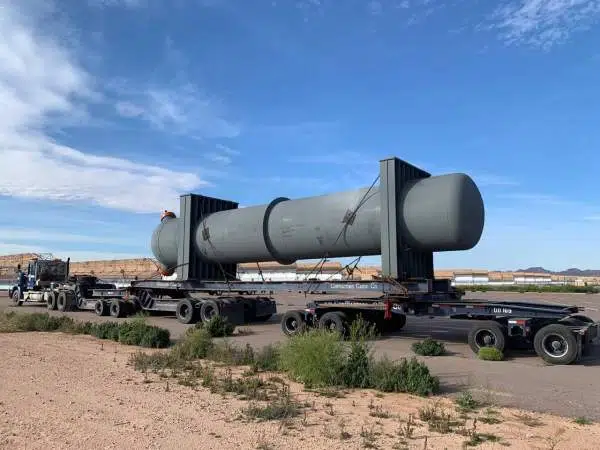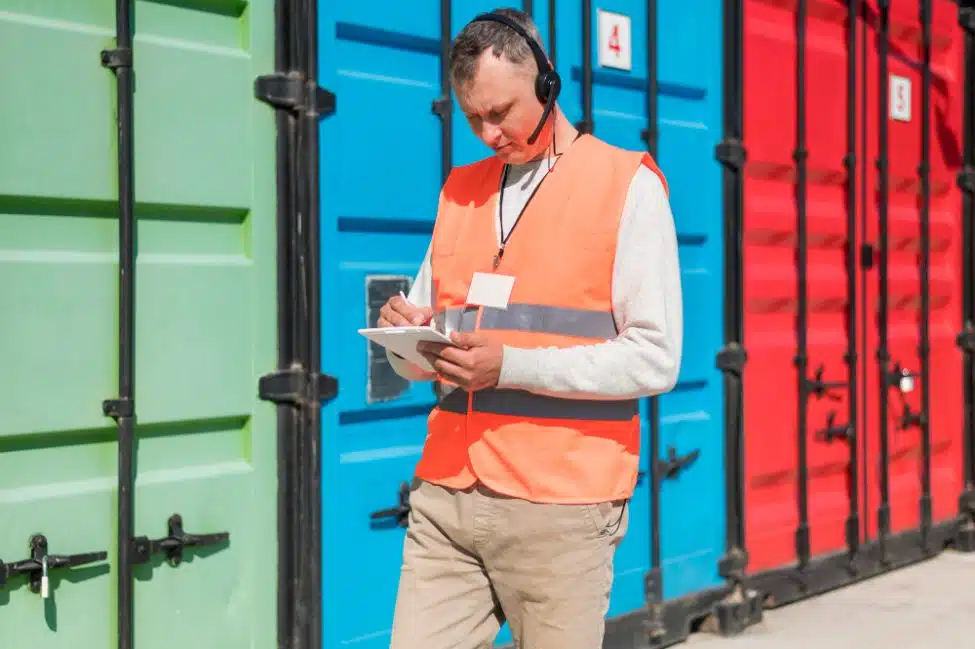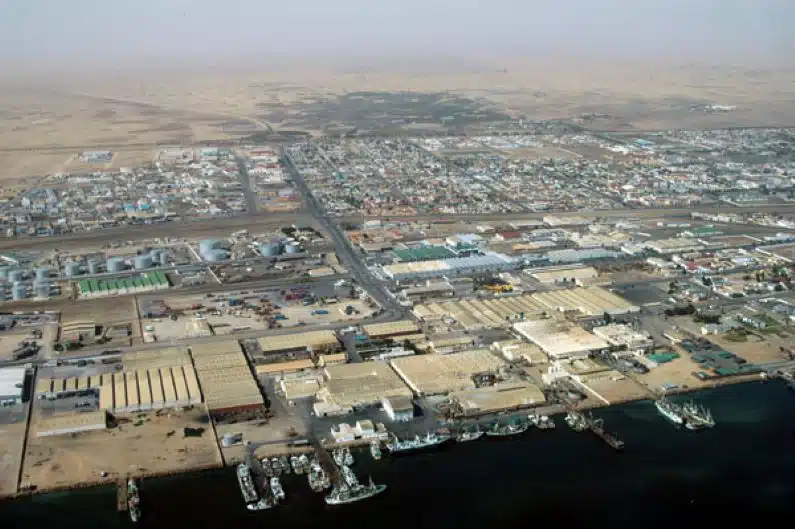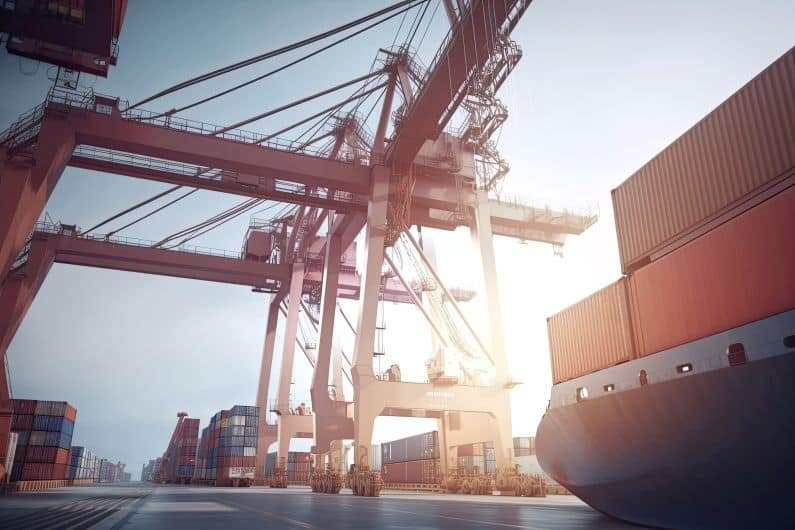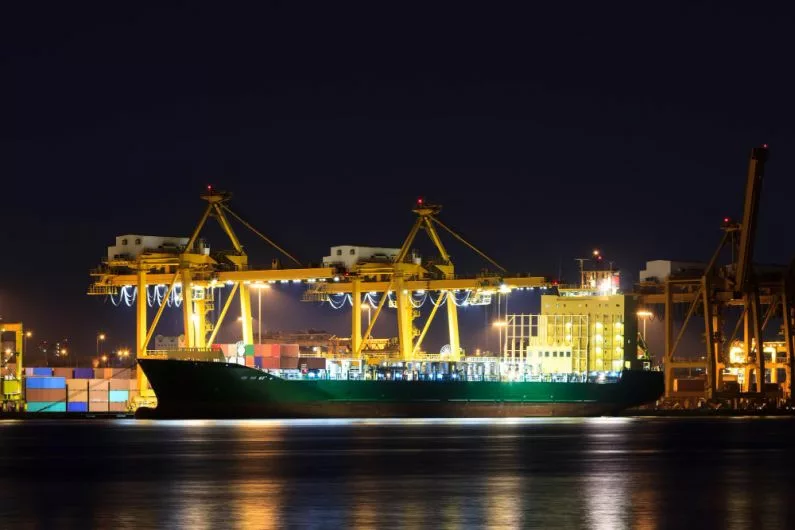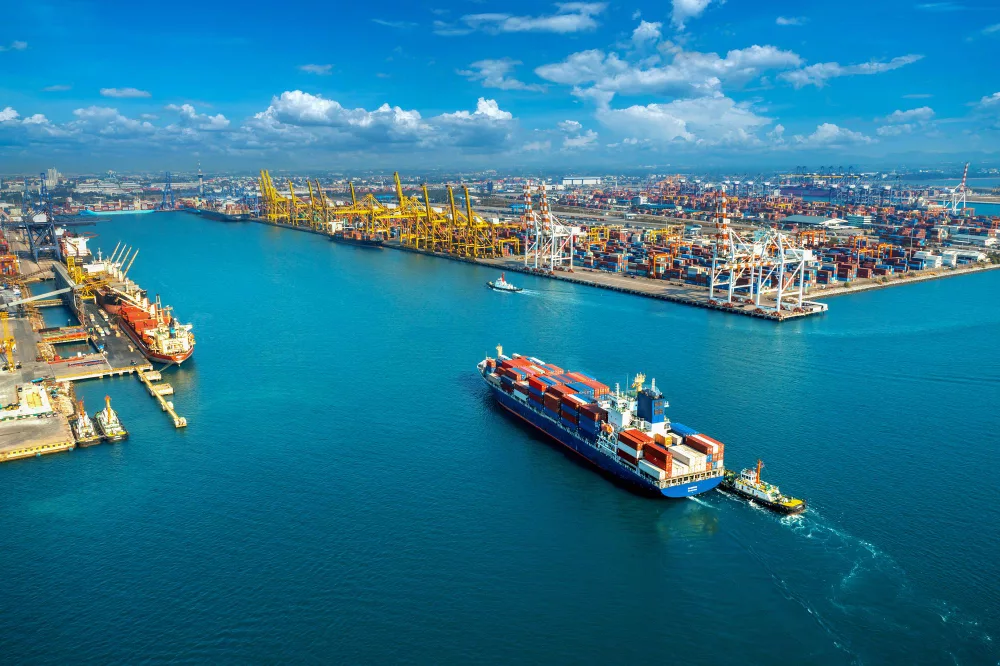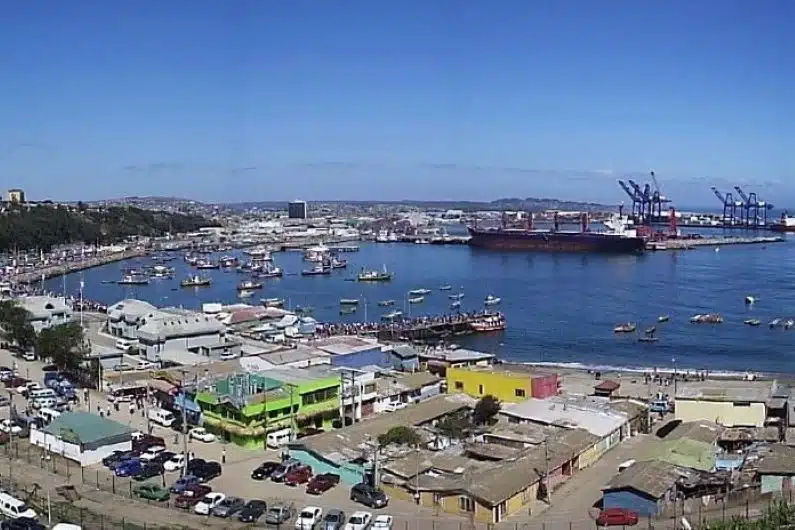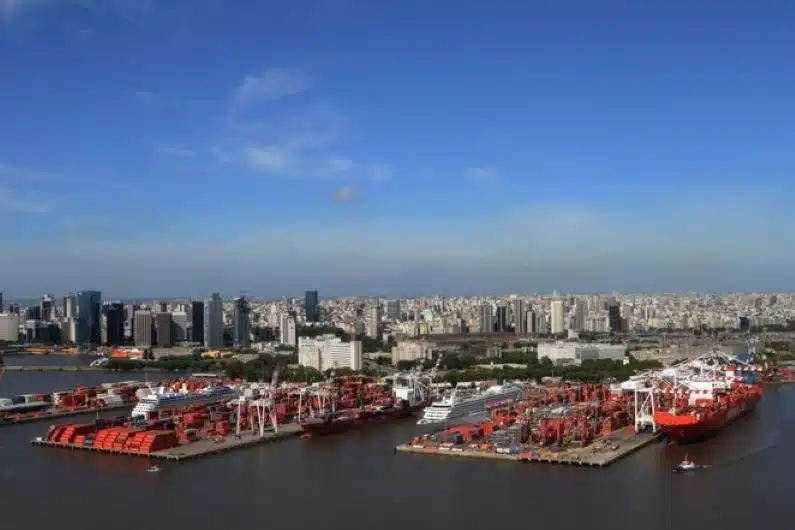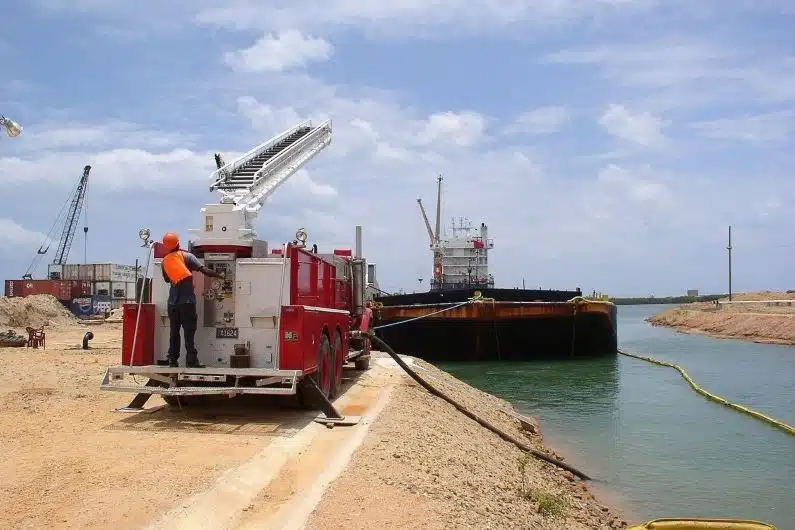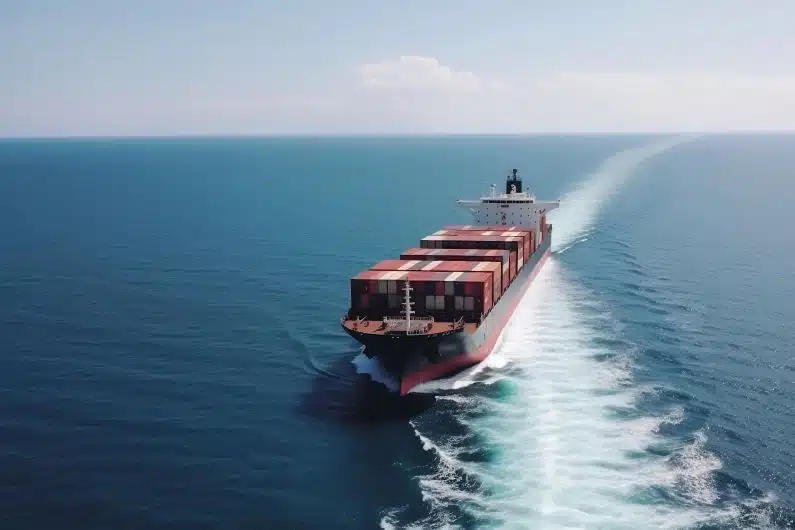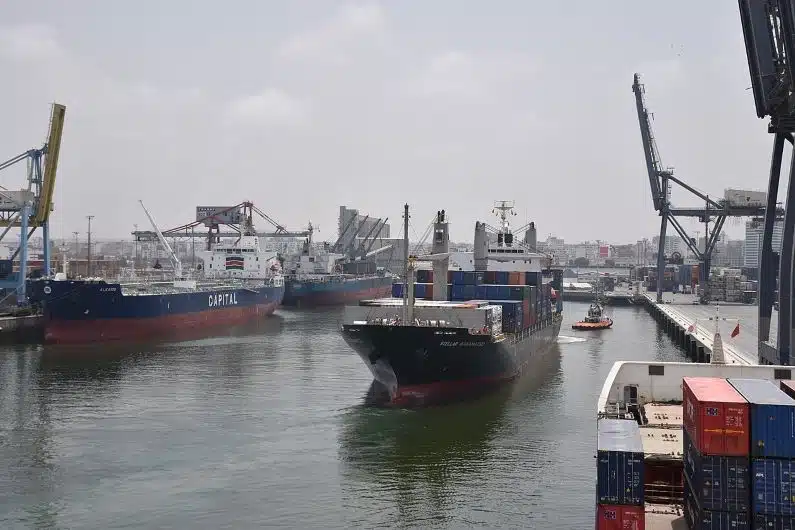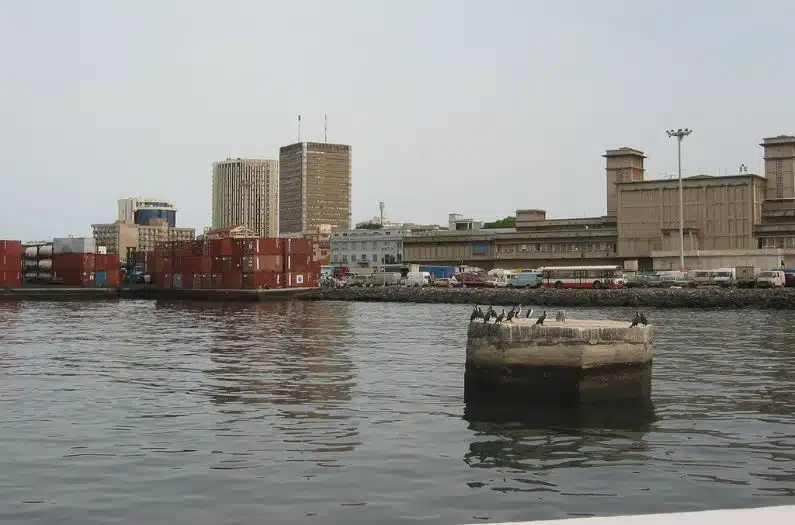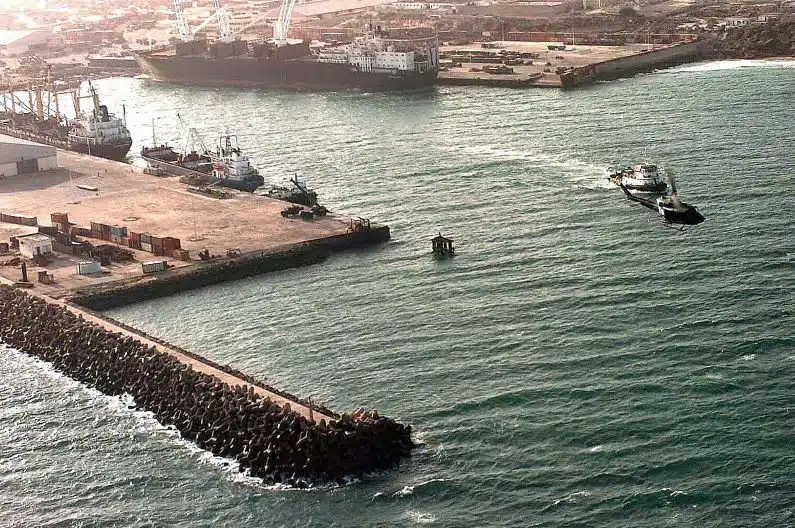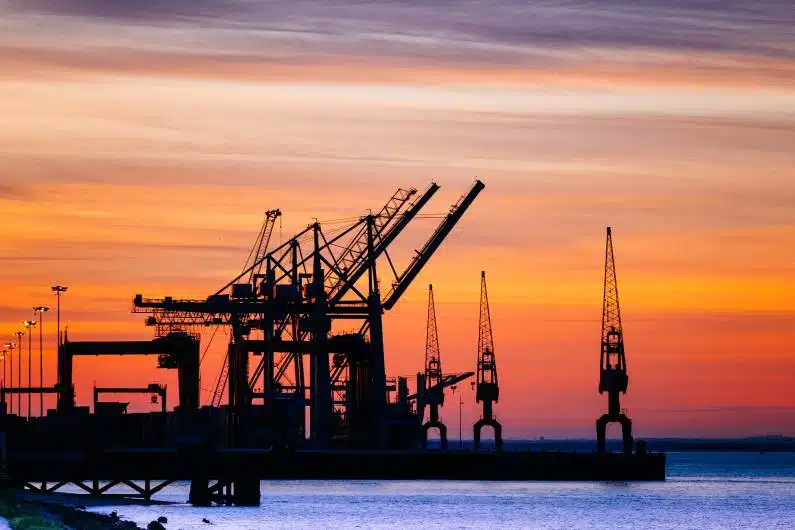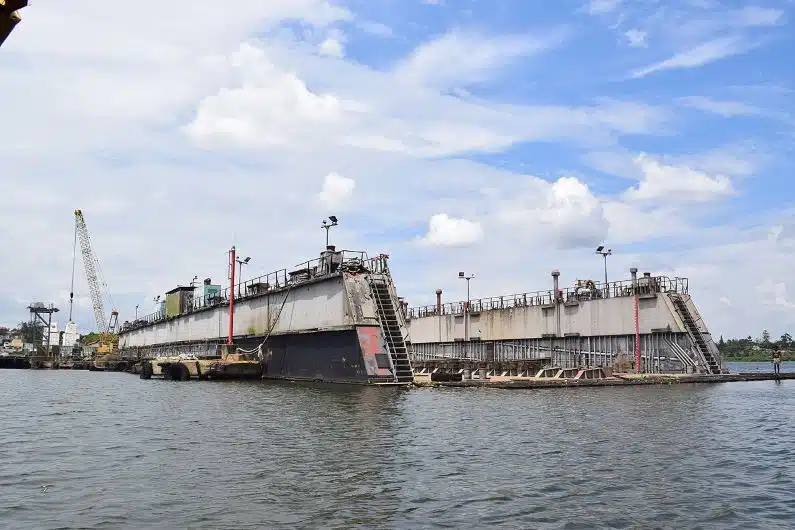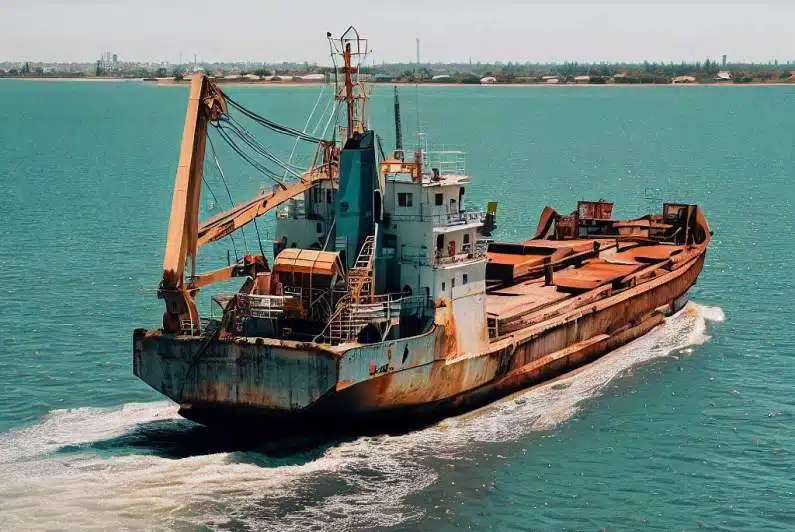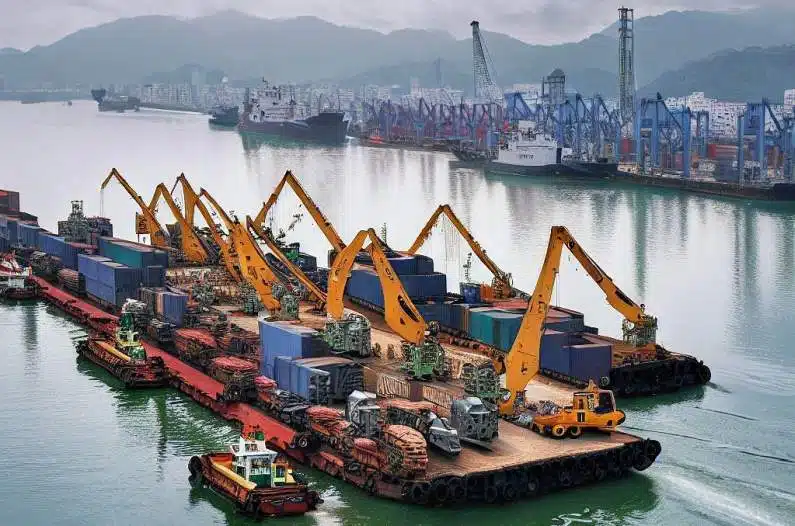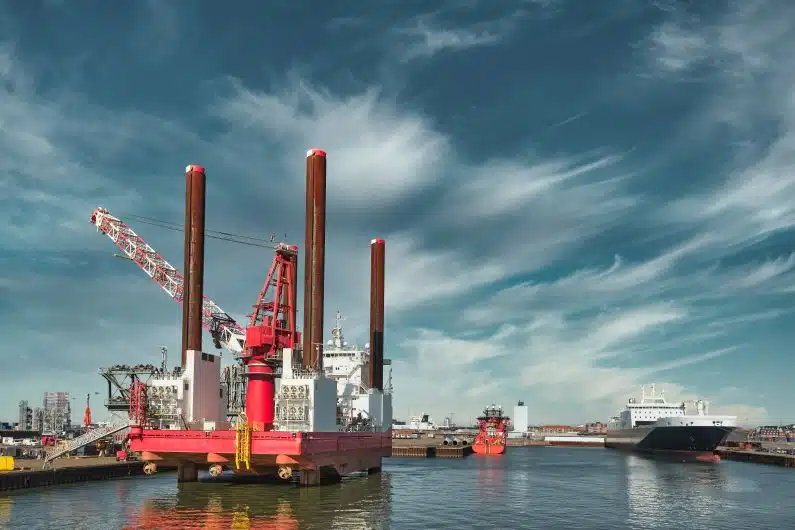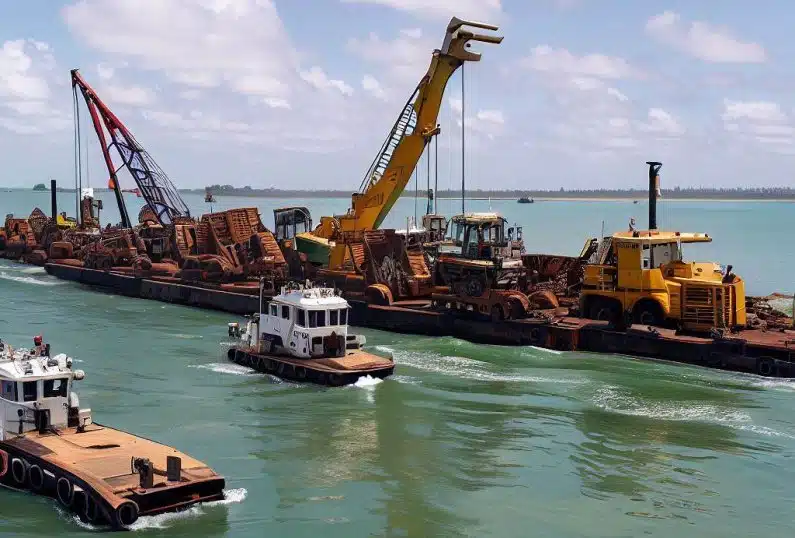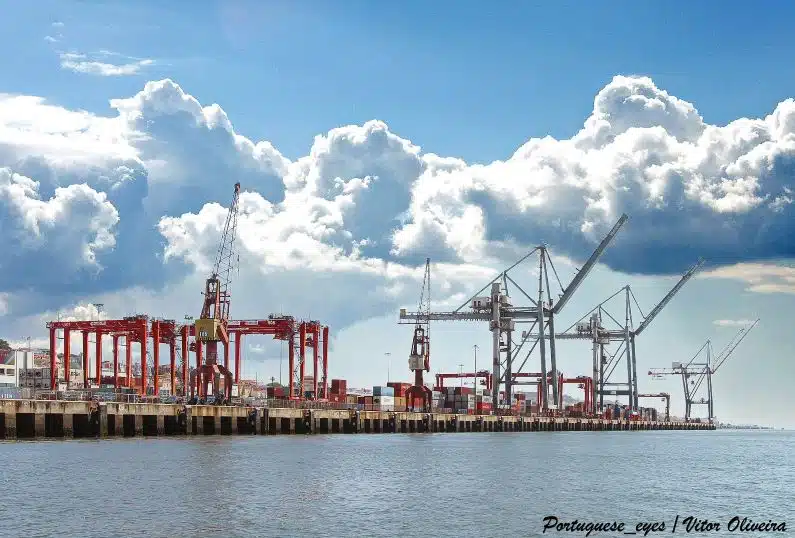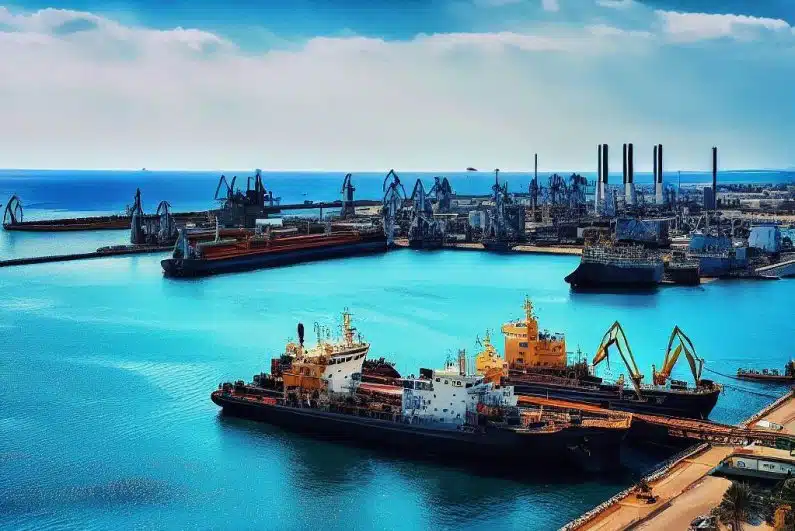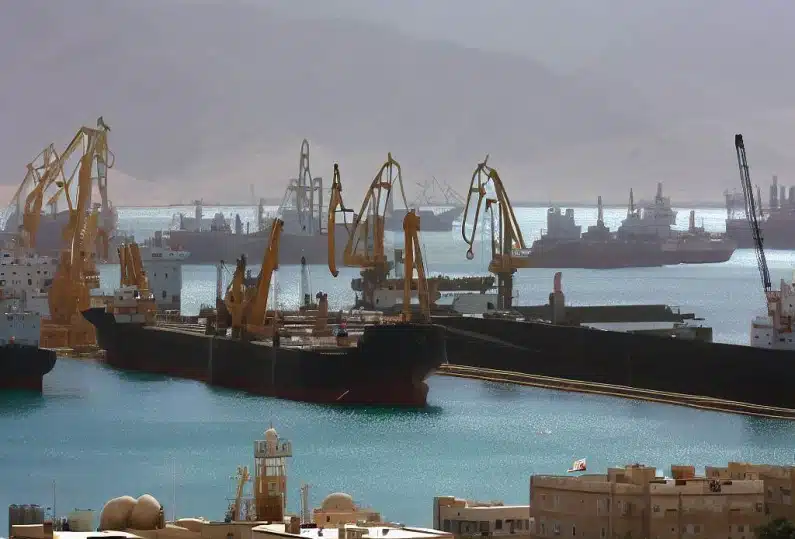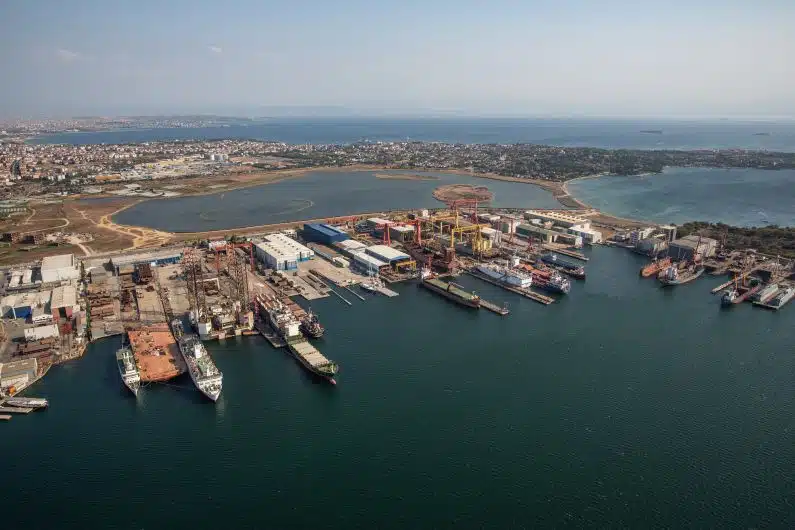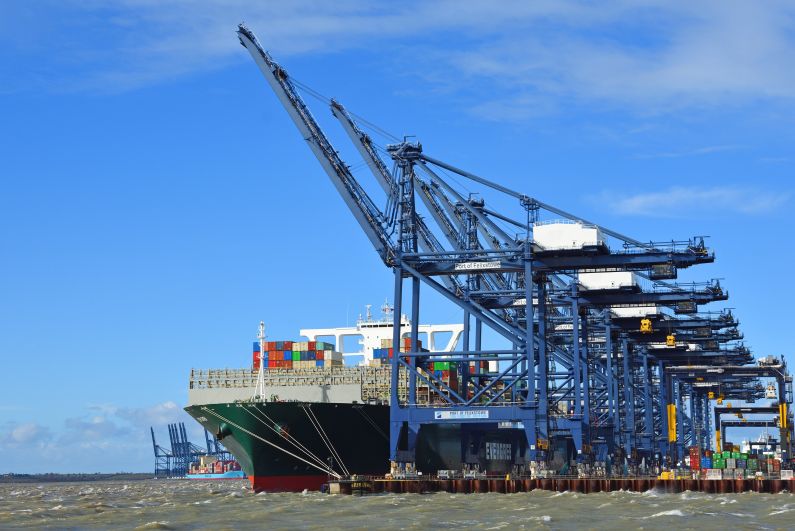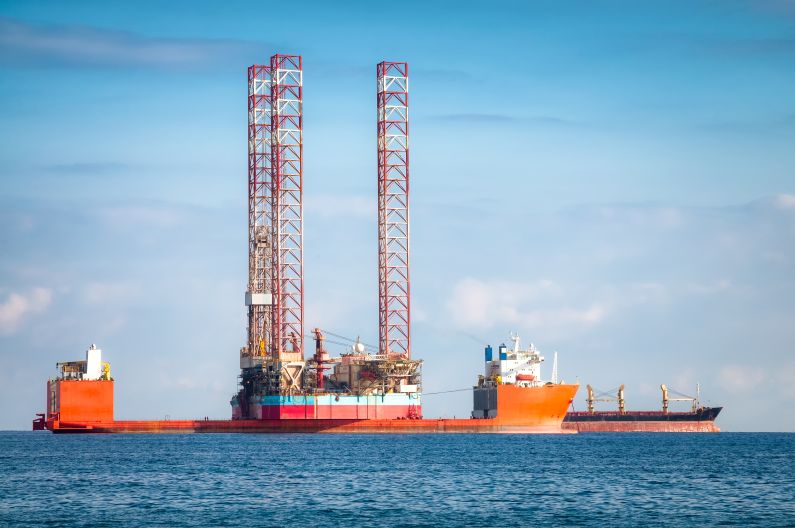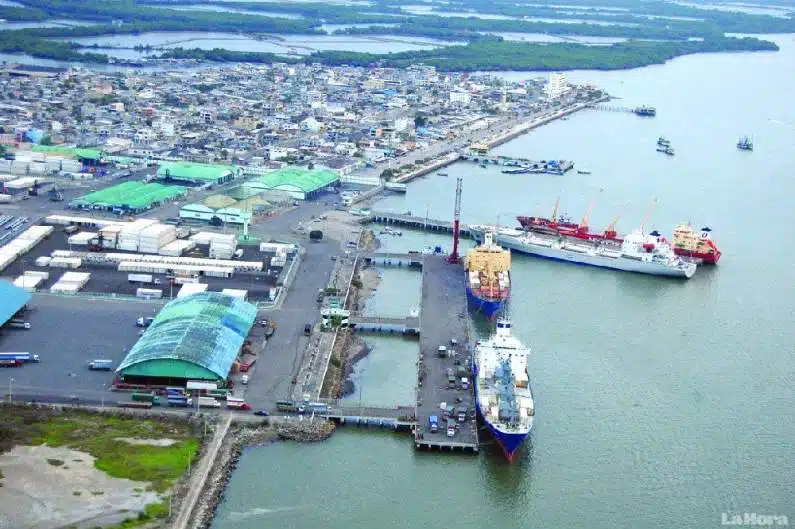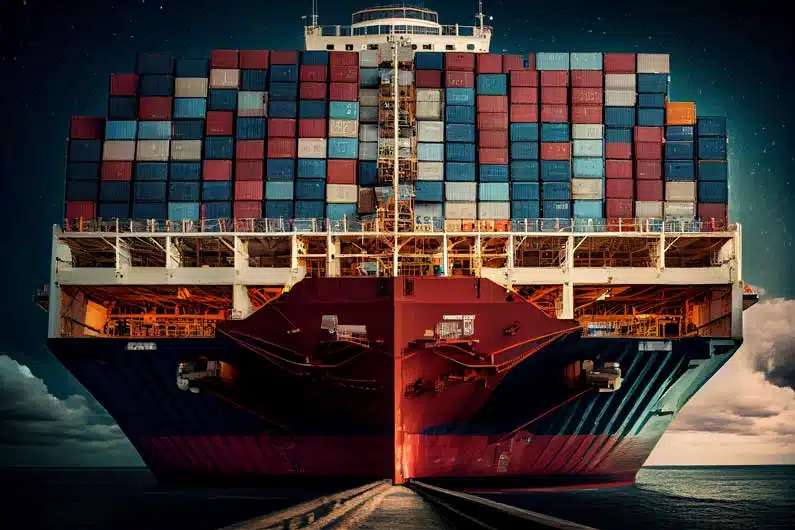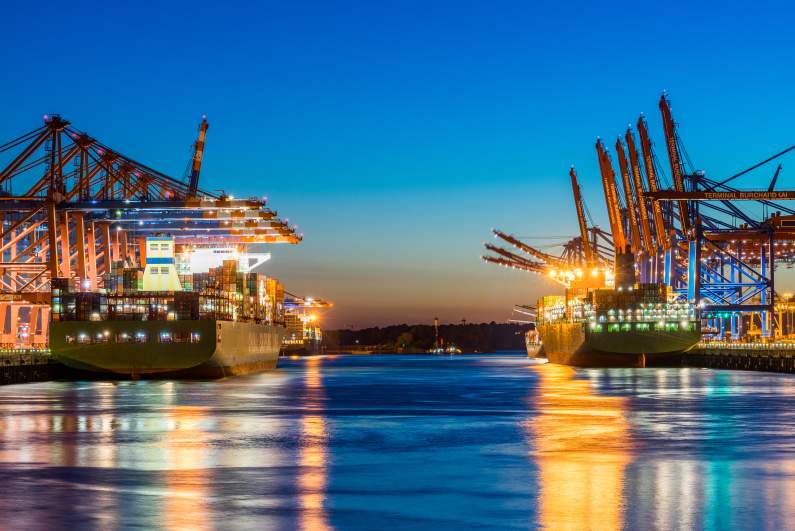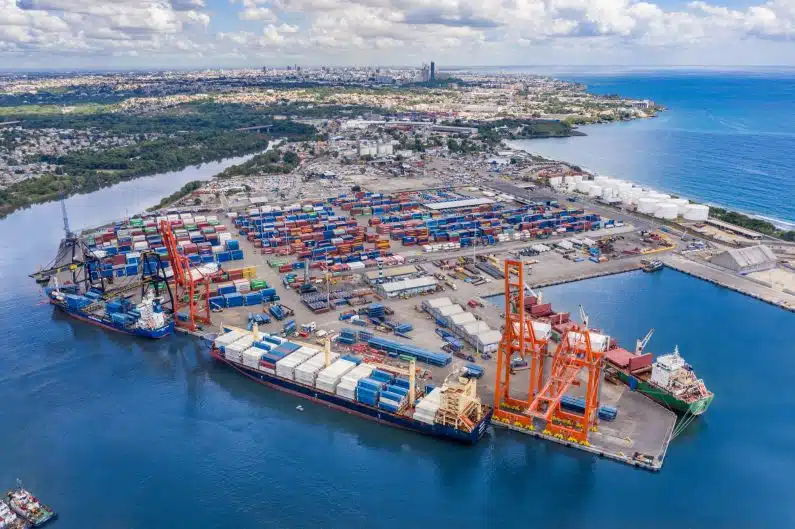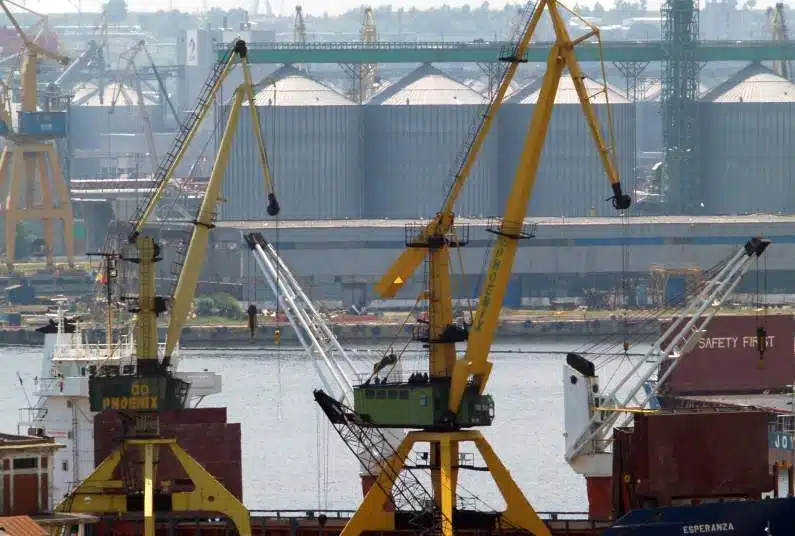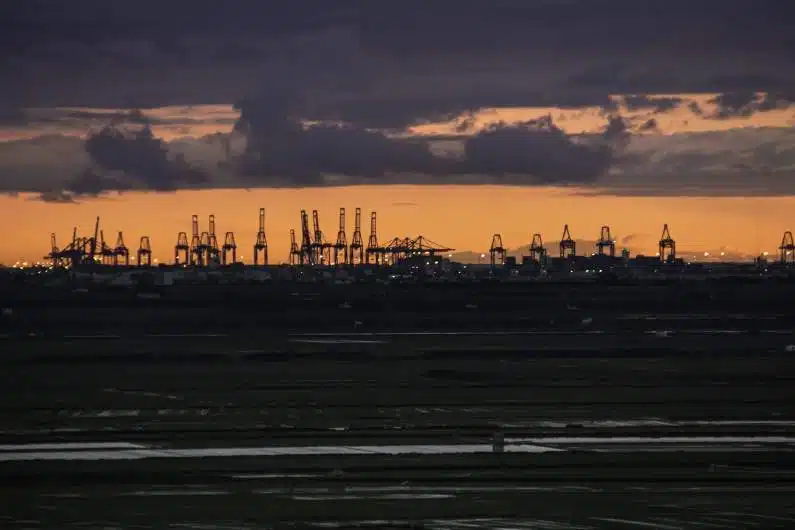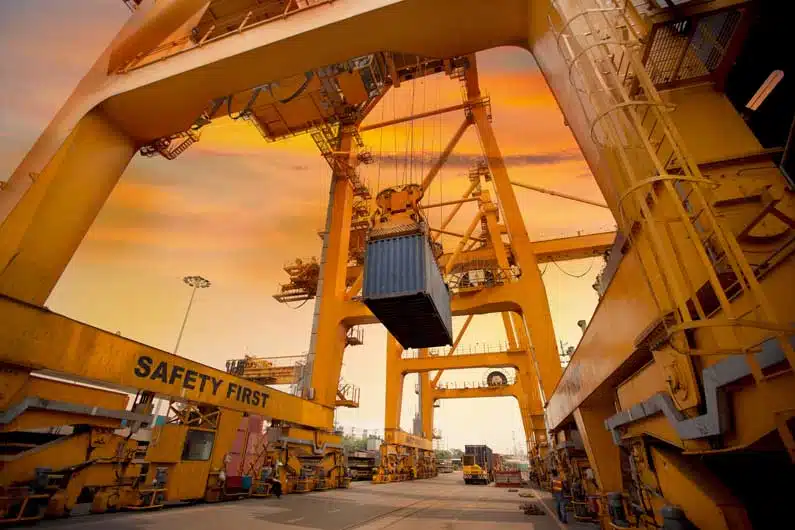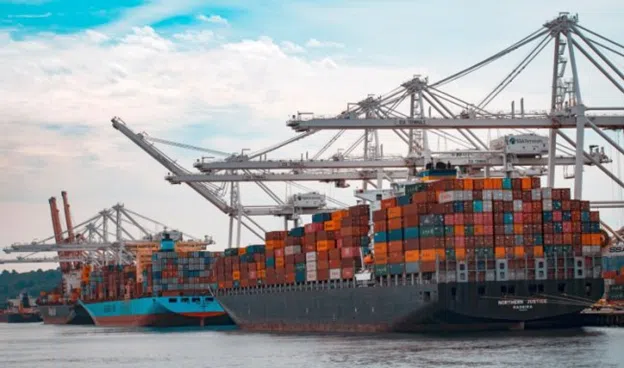Shipping Heavy Machinery – Logistics
As a Texas freight forwarder that deals with heavy machinery on a regular basis and that ships to Latin America, the Middle East, Asia, and Europe, Texas International Freight is a leading freight forwarder for customers in the United States and overseas.
If you need to ship heavy machinery, contact Texas International Freight. We handle heavy machinery logistics from the US to all parts of the world. 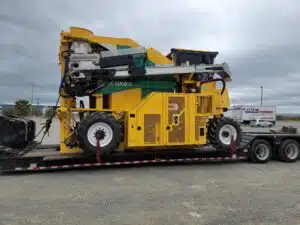 Texas International Freight can also help import heavy machinery from all over the world to the US. We serve EPC companies, the oil and gas industry, aerospace, and other heavy industries. Therefore, we are particularly well skilled in shipping heavy machinery.
Texas International Freight can also help import heavy machinery from all over the world to the US. We serve EPC companies, the oil and gas industry, aerospace, and other heavy industries. Therefore, we are particularly well skilled in shipping heavy machinery.
Our cargo is exported from the US and imported to the US on a regular basis. Our heavy machinery logistics capabilities set us apart from the competition. Our passion appreciated and our professionalism is valued by our customers. 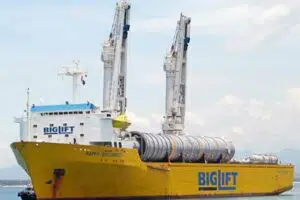
If you are shipping heavy machinery such as transformers or heat exchangers, please call us. If you are shipping farm equipment or shipping forklifts, please send an email. We ship caterpillars and rigs as well as parts and spares for these pieces of equipment. If you are exporting heavy machinery to the Middle East, Europe, or South America, contact us.
Smaller Issue when Shipping Heavy Machinery
When shipping heavy machinery overseas, no small part of the process is doing the export customs clearance. You will need several bits of information to do a proper export declaration with US Census. For example a smaller piece of information – that is also critical – is the harmonized tariff code classification number for your cargo.
There is a lit of other critical pieces of information, but this is one of the more arcane. If you know your HTS codes, please let us know. If not, you can search through the database of Harmonized Tariff Codes published by the US government’s International Trade Commission. Otherwise, as an expert heavy machinery shipping company, we can help you find the right Harmonized Tariff Code.
Small Issues for Big Equipment
Anyone can ship heavy equipment. Anyone can also get into a big heap of trouble by underestimating the expertise needed when doing heavy machinery logistics. There are a ton (no pun intended) of problems that can crop up when shipping very large and very heavy equipment. And due to the nature of the cargo, little mistakes can turn into unforgivable situations.
Small, almost unnoticeable issues can start a cascade of unintended, unforeseen, and unwelcome events. When done right, shipping looks easy. When not done right, it is shocking how quickly costs and troubles can mount.
Foreseeable Obstacles
Probably the most common mistakes when shipping heavy machinery are the most obvious. The loading of the cargo is not taken fully into account. Either a crane was supposed to be scheduled – and it wasn’t, or the height of the truck trailer should have been added to the overall height – and it wasn’t. The problems can start long before the shipping takes place.
Machinery can be optimized for its intended use, but getting the product to the end destination was never taken into account. When the cargo is super heavy or gigantic, the sin of having ignored transportation considerations will inevitably come into full relief. These sorts of issues are obvious to freight professionals, yet they’re encountered quite often when working in heavy machinery logistics.
Unforeseen Obstacles
Unforeseen obstacles in heavy machinery shipping are forgivable from the standpoint that no one might have rationally or reasonably imagined the difficulty beforehand. However, the nature of the issues could be predicted in many cases, if the individual problem might not have been identified.
For example, no one can be expected to forecast a war breaking out or a country undergoing a coup d’etat. But experienced and smart freight professionals may be able to draw their customer’s attention to a region’s or country’s history of instability. Or another example might be shipping during the wrong time of year.
Encountering a hurricane in the Gulf of Mexico when you are shipping your heavy equipment to South America is bad luck. But if the cargo was shipped in late August, this is the sort of bad luck that could have been anticipated and avoided by either moving the shipping schedule before or after hurricane season.
Unforeseen and Unpredictable Problems
This last category is the hardest issue to solve. And in fact, the Portuguese might have the best summation for such things: “A problem without a solution is already solved.” A major accident could occur to your freight on the highway due to no fault of your logistics providers and the truck driver. Or recall the Evergreen vessel Ever Given getting stuck in the Suez Canal. Before it happened, no one thought such a thing even could happen. Such troubles are not caused by a lack of diligence or a lack of capability.
We sometimes say they are “acts of God” or we call them no fault accidents, but whatever you call them, they happen. And when this happens, you can see the mettle of the freight professional who is performing the logistics of the heavy machinery. Many times, cargo ships itself. But sometimes things happen that no one could have anticipated and for which no one is to blame.
Nevertheless, addressing the situation and tackling it head on often separates a good freight forwarder from a poor one. And a good freight forwarder can stop a headache of a shipment from turning into an utter catastrophe.
Heavy Lift Shipping
Heavy lift shipping is a specialized form of maritime transportation that is used to transport large, heavy, and oversized cargo that cannot be loaded onto standard shipping containers or transported by regular cargo vessels. This type of shipping is typically used for project cargo, which includes heavy machinery, construction equipment, power generation equipment, and other types of oversized cargo.
In heavy lift shipping, cargo is loaded and unloaded using specialized equipment and techniques, such as cranes and lift-on/lift-off (LO/LO) methods, to handle the heavy and bulky cargo. This requires specialized expertise and equipment, and the ships used for heavy lift shipping are regularly designed and equipped specifically for this purpose.
One of the main benefits of heavy lift shipping is its ability to transport oversized cargo that cannot be shipped by regular cargo vessels. This allows companies to transport their heavy equipment and machinery to remote or challenging locations, where road or air transport may not be possible or practical. Heavy lift shipping also offers greater flexibility in terms of transportation routes and schedules, allowing cargo to be transported more efficiently and cost-effectively.
Overall, heavy lift shipping is an important and specialized form of maritime transportation that plays a crucial role in global trade, allowing companies to transport large and heavy cargo to almost any location in the world.

